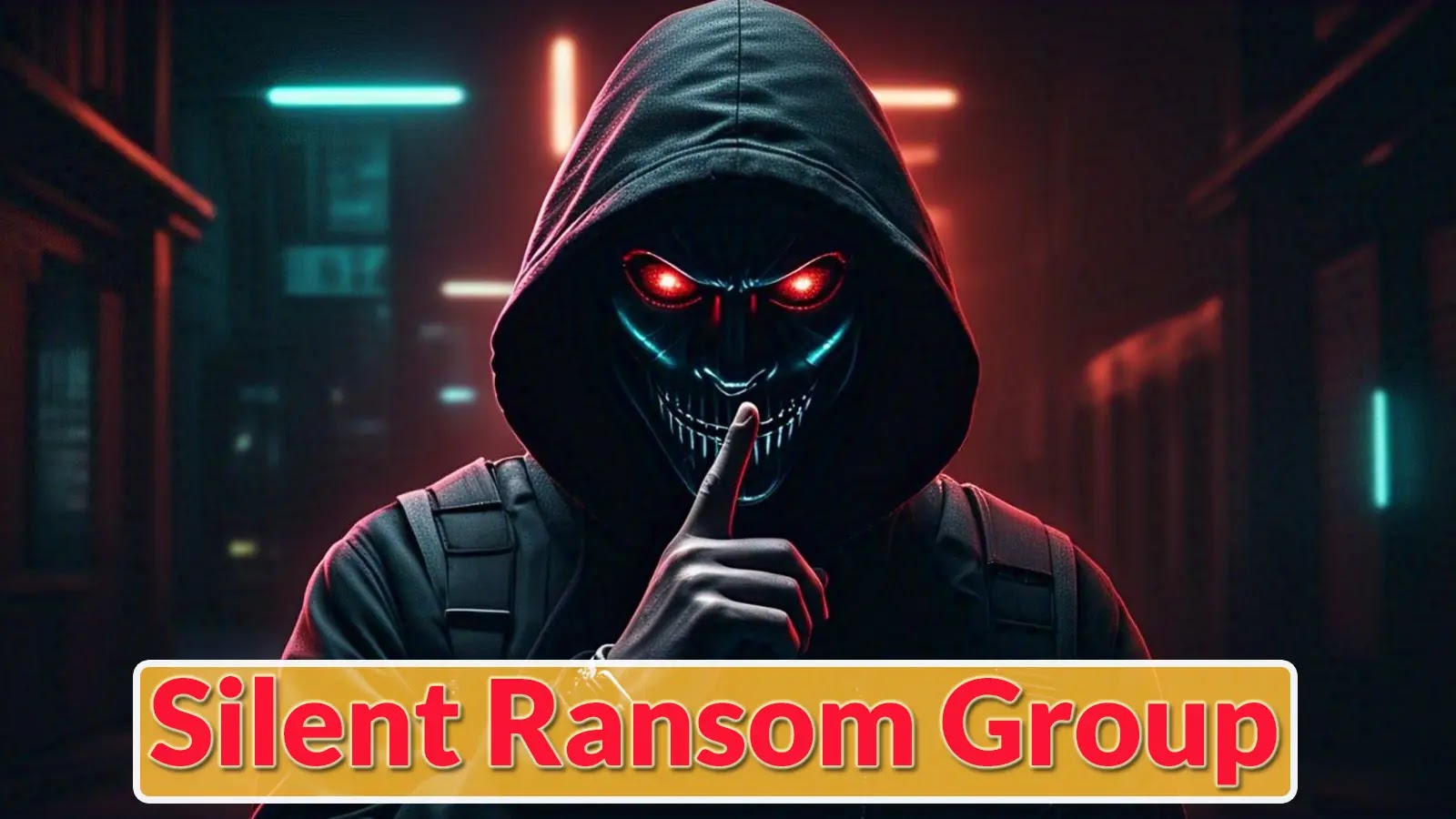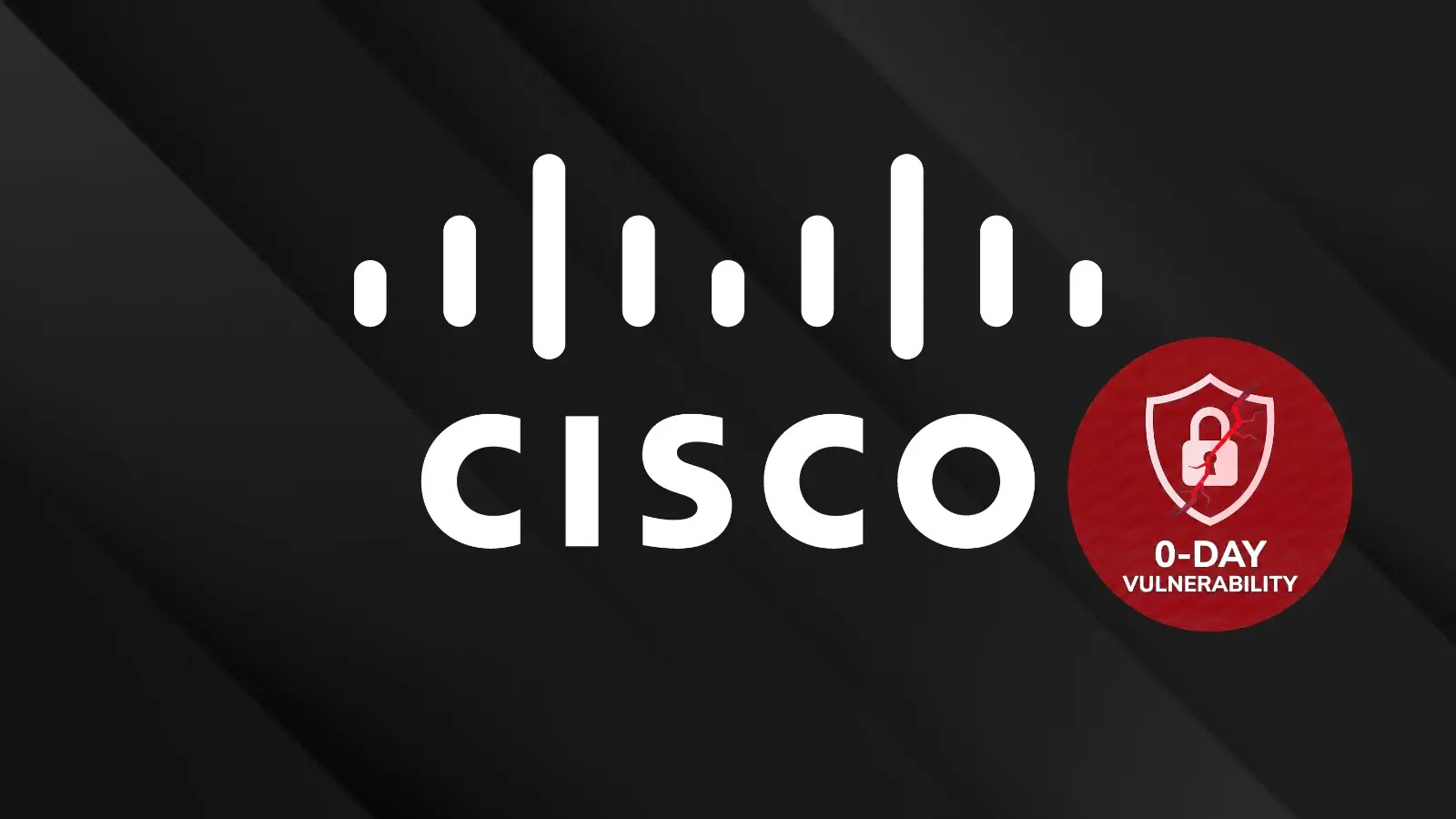The Federal Bureau of Investigation (FBI) has recently issued a critical alert concerning the Silent Ransom Group (SRG), a cybercriminal organization also known by aliases such as Luna Moth, Chatty Spider, and UNC3753. Active since 2022, SRG has escalated its operations, employing advanced social engineering tactics to infiltrate organizations, particularly targeting sectors like legal, medical, and insurance industries.
Evolution of SRG’s Tactics
Initially, SRG’s modus operandi involved callback phishing campaigns. They would send fraudulent emails to employees, posing as subscription services with pending charges, urging recipients to call a provided number to cancel the service. Upon calling, victims were manipulated into downloading remote access software, granting SRG unauthorized entry into organizational systems.
However, starting in March 2025, SRG shifted to a more aggressive approach. They began directly contacting employees, impersonating internal IT support staff. This direct engagement exploits the inherent trust employees place in their IT departments, making the deception more effective. By convincing employees that urgent maintenance is required, SRG persuades them to install legitimate remote access tools, such as Zoho Assist, Syncro, AnyDesk, Splashtop, or Atera. Once installed, these tools provide SRG with a backdoor into the organization’s network.
Targeted Industries and Impact
The legal sector has been notably affected by SRG’s activities. Law firms, custodians of highly sensitive client information, have become prime targets. The confidential nature of legal documents, client communications, and privileged materials makes them lucrative for cybercriminals seeking to exploit or ransom such data.
Beyond the legal industry, SRG has also set its sights on the medical and insurance sectors. These industries manage vast amounts of personal and sensitive data, making them attractive targets for data theft and extortion schemes.
Technical Proficiency and Operational Efficiency
SRG’s operations are marked by their technical sophistication. After gaining initial access through social engineering, they employ legitimate remote access tools to maintain a foothold within the network. This strategy allows them to bypass traditional security measures that might flag unauthorized software.
Once inside, SRG focuses on data exfiltration. They utilize tools like WinSCP for secure file transfers and concealed versions of Rclone for cloud storage operations. Their ability to operate discreetly, leaving minimal forensic evidence, poses significant challenges for cybersecurity professionals attempting to detect and mitigate their activities.
Mitigation Strategies and Recommendations
In light of SRG’s evolving tactics, the FBI recommends organizations implement several measures to bolster their cybersecurity posture:
1. Employee Training and Awareness: Regularly educate staff about social engineering tactics, emphasizing the importance of verifying unsolicited IT support requests.
2. Verification Protocols: Establish clear procedures for employees to confirm the identity of IT personnel, especially when unsolicited maintenance requests are made.
3. Access Controls: Limit the use of remote access tools to authorized personnel and ensure their usage is monitored and logged.
4. Incident Response Planning: Develop and regularly update incident response plans to address potential breaches promptly.
5. Regular Security Audits: Conduct periodic reviews of network security measures to identify and rectify vulnerabilities.
Conclusion
The Silent Ransom Group’s advanced social engineering tactics underscore the evolving nature of cyber threats. Organizations must remain vigilant, continuously updating their security protocols and educating employees to recognize and respond to such sophisticated attacks. By implementing comprehensive cybersecurity measures, businesses can better protect themselves against the ever-changing landscape of cyber threats.



